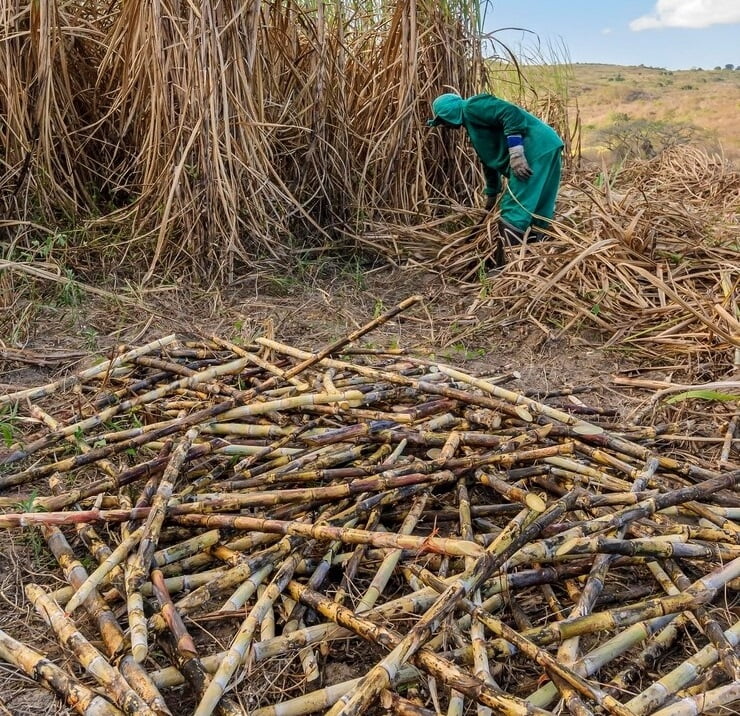Kenyan Sugar Production Plummets, Prices Soar Due to Cane Shortage

In a concerning development for Kenya’s agricultural sector, the production of sugar by local millers has taken a sharp nosedive, plunging by nearly a third within just seven months. The primary culprit behind this dramatic decline is a severe shortage of sugarcane that has sent sugar prices soaring to record highs, impacting consumers and the broader economy.
An analysis of the most recent data released by the Kenya National Bureau of Statistics (KNBS) reveals that domestic sugar production plummeted to 332,034 tonnes in the seven months leading up to July, marking a staggering 31.2 percent decrease from the 482,871 tonnes produced during the same period last year. This stark drop in sugar output paints a grim picture for an industry already choked with numerous challenges.
For consumers, the implications have been nothing short of a nightmare, as sugar prices have skyrocketed at an alarming rate over the past year. According to KNBS data, the cost of sugar has surged by a staggering 61.4 percent during this period. In plain contrast, the prices of other essential food commodities, such as beans, maize flour, and cooking oil, have seen substantial but comparatively modest increases of 27.9 percent, 9.6 percent, and 18.5 percent, respectively.
During the seven-month period under review, the highest sugar production was recorded in January when output peaked at 81,648 tonnes. However, this figure rapidly dwindled to just 31,495 tonnes by May.
Kenya boasts 16 sugar factories, with five of them – Miwani, Chemelil, Muhoroni, Nzoia, and South Nyanza – being government-owned. Additionally, the government holds a stake in Mumias Sugar, which currently operates under receivership. These millers have been struggling with a severe sugarcane shortage this year, primarily due to the depletion of stocks of mature cane. The dire situation even forced some millers to resort to crushing immature cane, a less than ideal solution.
To mitigate the crisis, some millers reduced their crushing schedules to only a few days a week, allowing them to maximize their limited cane supplies. Others temporarily suspended operations to conduct maintenance and upgrades. Nevertheless, the situation became so dire that the government stepped in, refusing to renew licenses for sugar millers in July. This suspension of milling activities will continue until November, giving cane the time needed to mature.
By the end of last month, only three factories – Transmara, Sony, and Sukari – were still operational, worsening the decline in local sugar production. The total sugarcane milled by all sugar factories also decreased by 10 percent, falling from 436,694 tonnes in June to 395,232 tonnes in July 2023. Sugar production mirrored this trend, dropping to 33,328 tonnes from 34,373 tonnes in June, according to the Agriculture and Food Authority.
This alarming decrease in sugar production is a drawback to the economy and also calls for the urgent need for comprehensive reforms in the Kenyan sugar industry. Earlier in September, the Kenyan government introduced stringent measures for duty-free sugar imports to curb rogue traders that are taking advantage of the market shortage.



